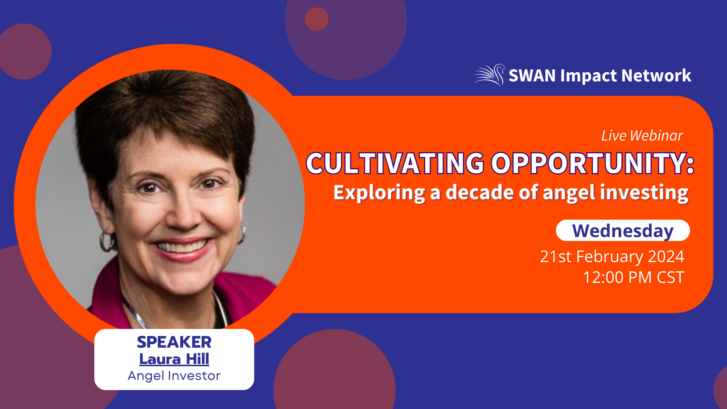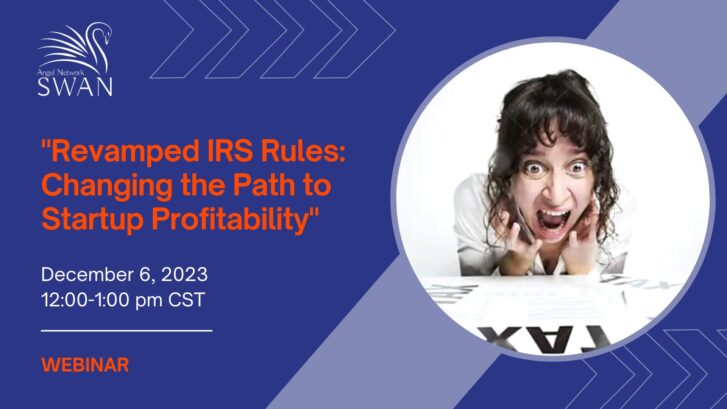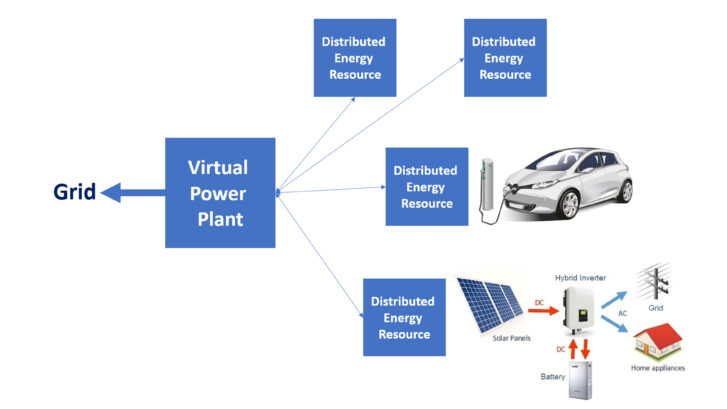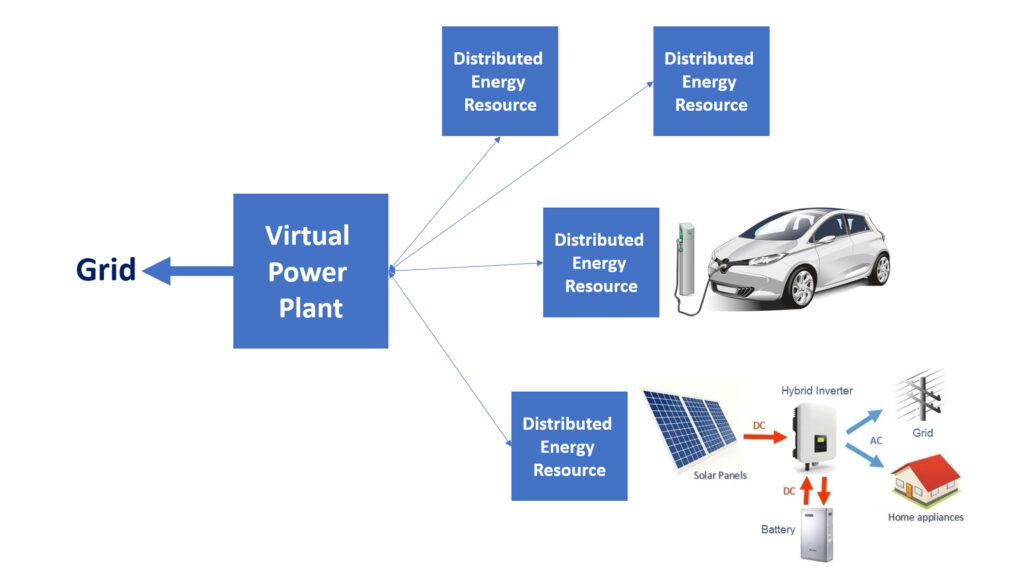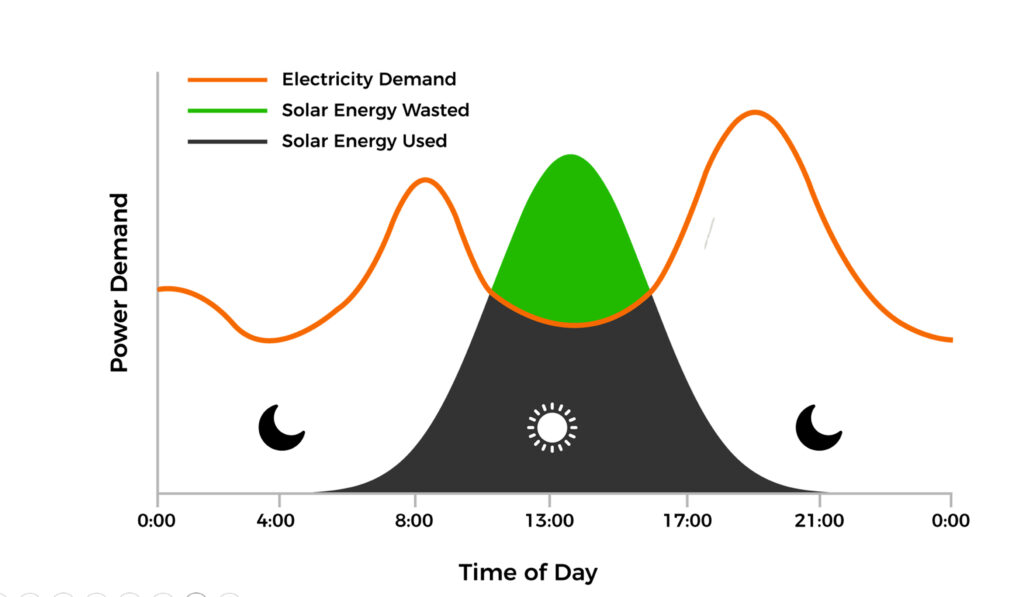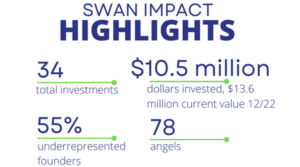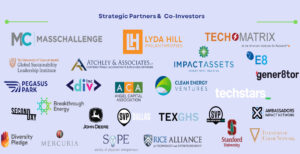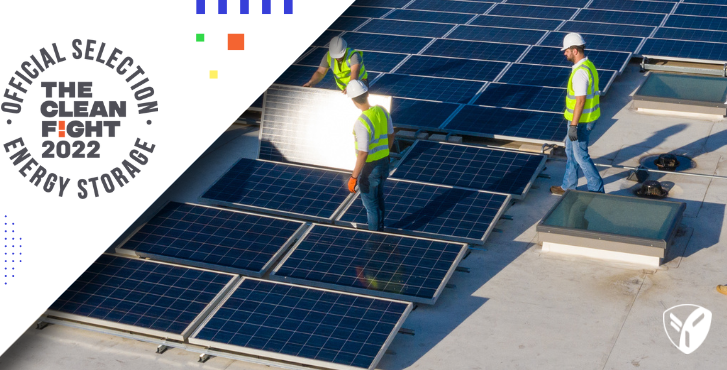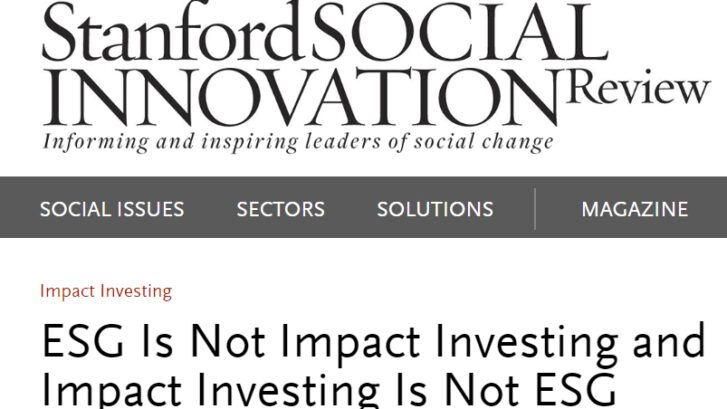The questions vary depending on the specific interests and priorities of each impact investor, but they generally revolve around understanding the startup’s mission, impact measurement, scalability, financial viability, risks, partnerships, and accountability.
Here are some questions you may ask:
1. What is the mission and purpose of the startup? Investors need to understand the company’s core values and the specific social or environmental issue it aims to address.
2. What is the potential impact of the startup’s product or service? Investors need to know how the company’s offerings can contribute to positive change and create meaningful social or environmental benefits.
3. How does the startup measure and track its impact? Investors are interested in understanding the metrics and methodologies used by the company to assess and report its impact. They want to ensure the startup has a rigorous and transparent impact measurement framework in place.
4. What is the size of the target market and the growth potential? Investors need to evaluate the market opportunity and scalability of the startup’s impact. They want to understand if the company has the potential to reach a large number of people or create significant environmental improvements.
5. What is the business model and revenue generation strategy? Impact investors need to know how the startup plans to generate sustainable financial returns while delivering positive social or environmental outcomes. They want to assess the viability and long-term sustainability of the business.
6. Who are the key stakeholders and partners involved? Investors are interested in understanding the startup’s network of stakeholders, including customers, beneficiaries, suppliers, and strategic partners. They want to evaluate the company’s ability to collaborate and create synergies with relevant organizations.
7. What are the potential risks and challenges in achieving impact? Investors need to identify potential obstacles that may hinder the startup’s ability to achieve its intended impact. They seek to understand the company’s risk mitigation strategies and the management team’s ability to navigate these challenges.
8. What is the exit strategy for the investor? Impact investors often seek to understand the startup’s plans for future liquidity events, such as an IPO or acquisition, to ensure they can eventually realize financial returns on their investment.
9. How does the startup ensure accountability and transparency? Investors need to know how the company ensures accountability to its impact goals, stakeholders, and investors. They may inquire about governance structures, board of directors structure, impact reporting, and the company’s commitment to ethical practices.
10. Has the startup received any third-party certifications or recognition for its impact? Investors may be interested in knowing if the startup has obtained certifications or awards from reputable organizations that validate its impact claims. This can provide additional assurance and credibility.
These are the questions that SWAN digs into before investing. SWAN makes a first investment in 6 to 8 companies per year. A team of 10 volunteers publishes a twenty -page deal memo for each investment opportunity. Joining SWAN as an Angel or Associate member and helping with a deal memo is a great way to learn how to assess an impact-startup investment opportunity.


